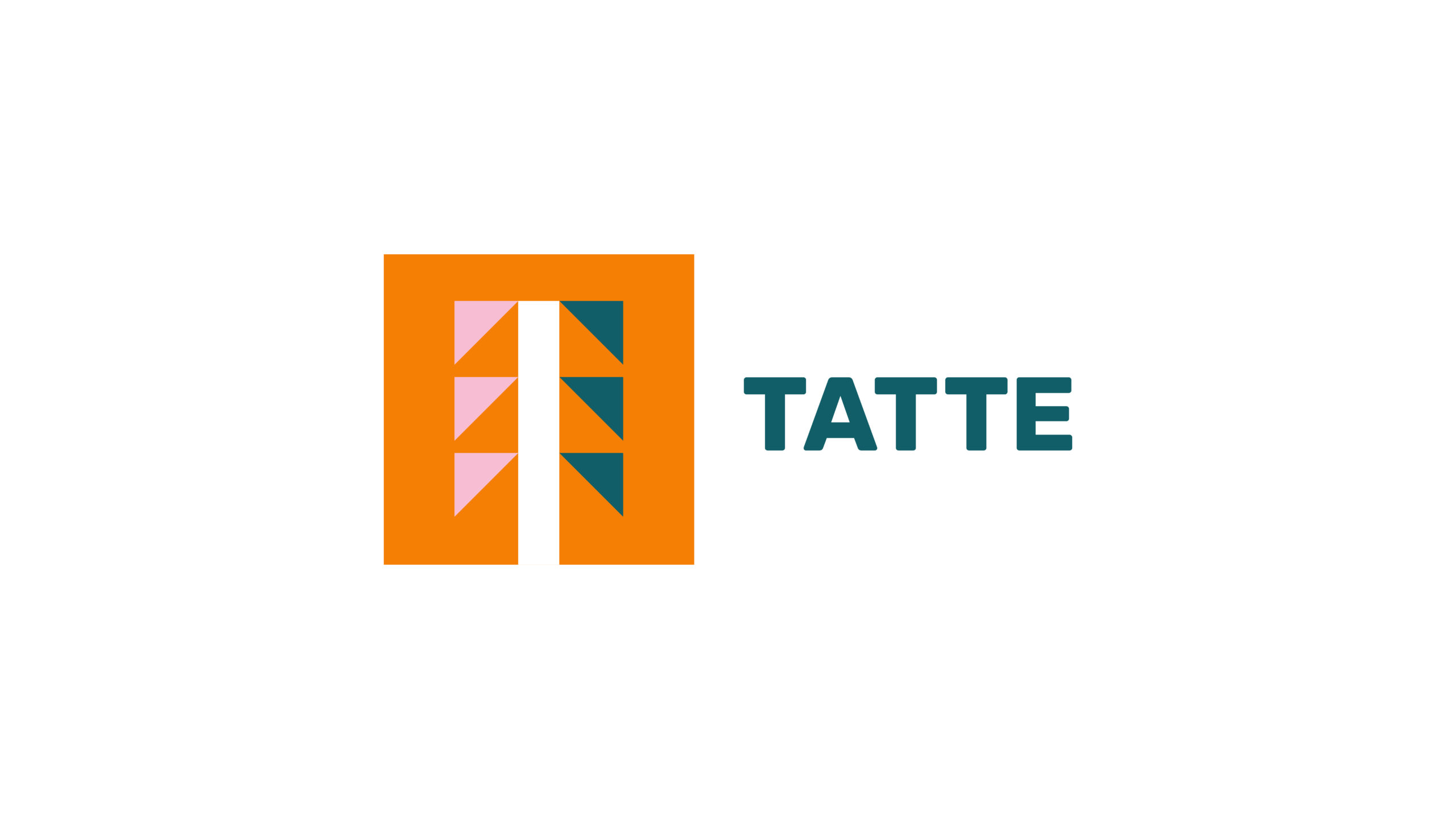On the one hand, there is inequality and lack of appreciation, uncertainty about one’s own position, poor information flow and work spaces that fall short. On the other hand, there is connecting with one’s work community, free spaces to work in, IT-services and access to travel grants. These are the types of practices which surfaced when the Tampere University Association of Researchers and Teachers, Tatte, conducted a survey on the functional and dysfunctional practices related to conducting research with the support of a grant at Tampere University in the spring of 2020.
The results of the survey clearly indicate that grant researchers feel they are in an unequal position in comparison to salaried colleagues at the University. While salaried researchers are automatically provided the necessary resources for working, health care as well as culture and wellbeing benefits, grant researchers may need to pay for their work space, and are left utterly without healthcare or culture and wellbeing benefits. Further, grant researchers might not be included on email lists, and are, as a result, not invited to their Faculty’s or work community’s events.
Chief shop steward and author of the survey report, Sinikka Torkkola, underlines that comparisons between salaried and grant researchers is not worthwhile in every aspect: “What we often fail to see when making these comparisons, is that unlike salaried researchers, grant researchers are completely independent of university employer’s supervision of work.” In light of the survey results, however, Tatte questions whether the existing dysfunctional practices are a justified price for this academic freedom?
Many practices that surfaced in the responses to the open survey questions create inequality in ways that feel completely unnecessary. One respondent describes their experience thus: “You could certainly sense the downgrade when I moved from salaried research to grant research. I had to give up my office in one blink of an eye (…)”.
It is mandatory that the dysfunctional and unclear practices related to grant research at the university be dealt with. On the basis of the survey results, Tatte has provided detailed recommendations for enhancing the position of researchers working with the support of grants at Tampere University. These recommendations have been made at the level of the entire university as well as its faculties.
“One of the most central recommendations in my opinion is that each faculty name a couple of administrative members of staff responsible for answering to the needs of grant researchers. This would markedly improve the situation of grant researchers, who would then not need to be passed from one administrator to the next in order to have their needs met. This way the requirements for conducting quality research could be met without friction in each particular circumstance. This would also signal appreciation,” notes Sanni Tiitinen, the president of Tatte.
“It is vital that we understand that grant researchers are no small minority at the university, but rather that a large number of researchers work fully or partially with the support of grants at some point during their careers. Researchers are researchers, regardless of where the money comes from. One way to bridge the gap between salaried and grant researchers might be to strengthen the shared identity as academics by holding joint orientation events,” Sinikka Torkkola reflects.
Altogether 88 grant researchers from six faculties responded to the survey Tatte conducted. Of the 88 respondents, 55 were working fully with the support of grants. The remaining respondents were working partially with the support of grants and partially in a salaried position either at the university or outside it. Of all the respondents, 66 (75%) had signed a resource agreement with their faculties. The results of the survey were analyzed by Päivi Tyni.
Full report available (in Finnish) here:
Sinikka Torkkola and Päivi Tyni (2020) Sisällä ja ulkona. Kyselytutkimus Tampereen yliopistossa apurahalla tutkimusta tekeville. Tampereen University Association of Researchers and Teachers.
Tatte’s recommendations for enhancing the position of researchers working with the support of grants available here.
